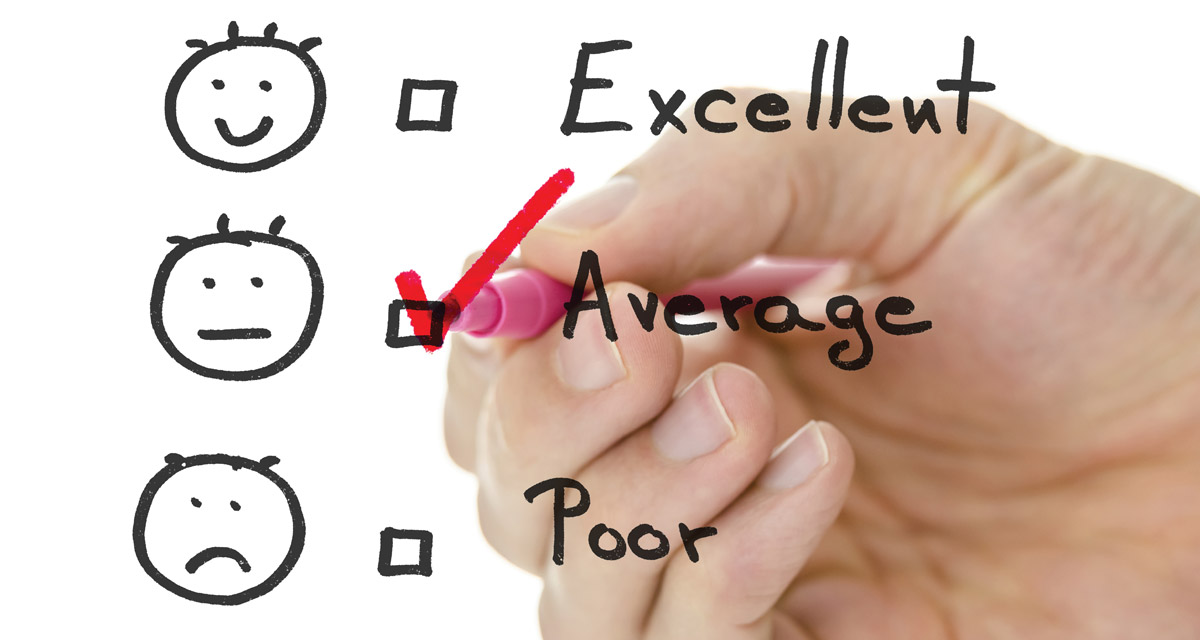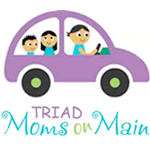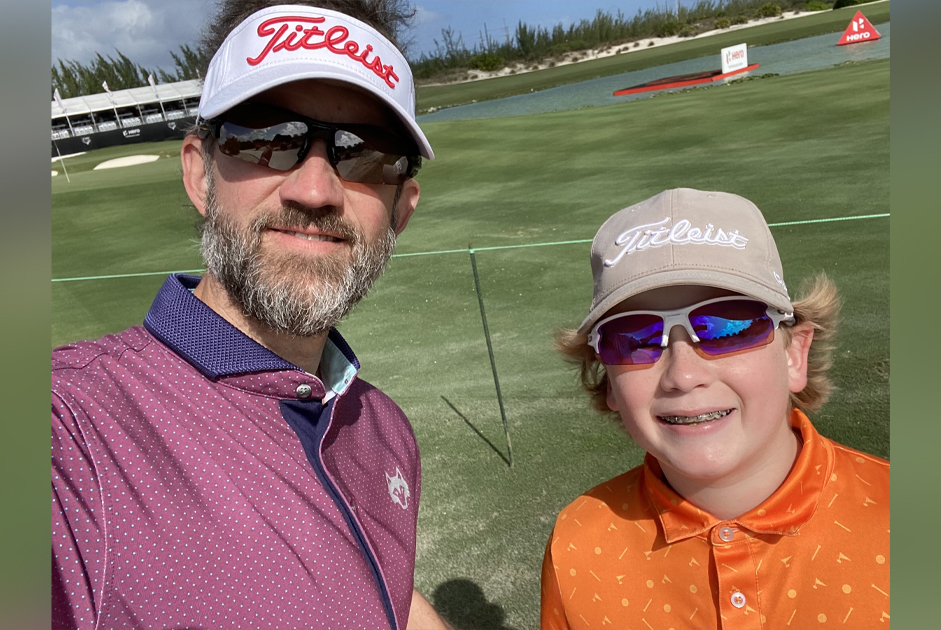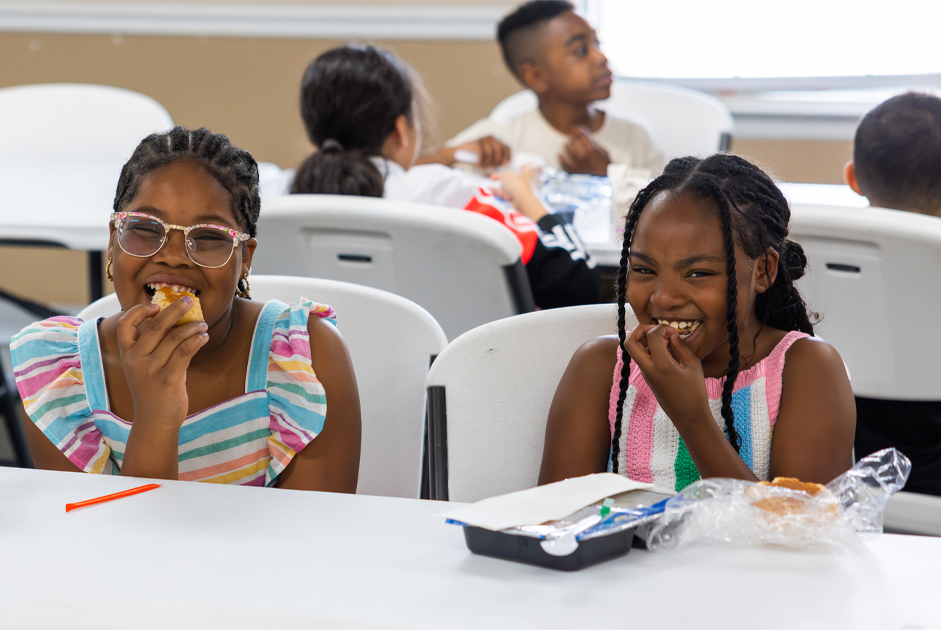BY KELLY HINES, a guest blogger with Triad Moms on Main
I have a confession to make: My children are average.
What’s worse, my husband and I are both average, too. Even my dog is average. Altogether, we’re an amalgamation of mediocrity.
I’m okay with that now, mostly, but I wasn’t always. Before I was even a parent, there was nothing I loved more than sharing pregnancy horror stories. My pregnant friends and I would waddle through the mall, bemoaning sciatica and morning sickness, then someone would pull out the story of her vulvar varicosity (go ahead, look it up) and we’d all crash back down to average. Then, it was whose baby smiled first, whose toddler was potty trained (“At nine months old. I swear.”), whose preschooler was reading (on a fourth-grade level). Then, when real school started? Forget about it.
No longer was it good enough to be a good student; a child needed to be Academically Gifted. Then, Academically Gifted wasn’t enough; they needed to be Highly Academically Gifted. Playing on a team was not a big deal unless they played on the Elite Team. Doing well or even – forbid – okay at something is no longer good enough. The only acceptable thing to be is the best.
But, here’s the problem – they can’t all be the best. Sometimes, finding that out is crushing for parent and child alike. Sometimes, we set a bar that may be attainable but is rarely sustainable.
When failure comes – and it always does – we have to deal with the fallout of a child that can’t believe he or she isn’t number one, and the blow to our own egos.
Recently, my middle child (otherwise known as “Best Eight-Year-Old Soccer Player In the World”) found out that she is not, actually, the best eight-year-old soccer player in the world. I said all the right things…this is an opportunity for you to improve, let’s work on things together, this is a great life lesson, pull yourself up by your bootstraps…but I was pretty upset myself. Not just because I knew it was going to shake her self-confidence, but because, shamefully, I was going to have to tell people who asked why she switched teams the truth.
Because she wasn’t quite good enough. Because she couldn’t keep up. Because she was – not the best. Maybe she’ll get better and maybe she won’t, but can I let her come to terms with that on her own? Can I let her be average?
She will not, most likely, play professional soccer. My oldest daughter will not, most likely, become a movie star. My son will not, much to his eternal disappointment, become a Jedi. It is doubtful that someone from Random House will read TMoM and offer me a book deal. My husband, pushing 50, will never be a Navy Seal.
A dear friend of mine recently told me the story of her young son, who is on the autism spectrum. While I am surprised if my kid doesn’t score a goal in every game, she’s surprised when her child makes it onto the field without incident. She told me about a test he had taken and done spectacularly well on. There was no braggadocio, no chest puffing – just gratitude for the normalcy of taking a test and amazement for a fantastic result. It humbled me and reminded me of what a gift “average” is.
It is okay for dreams to die. It is okay to be average. It is okay to live a simple life. What it comes down to is how we teach our children to live that life. Kindness, empathy, honesty, tolerance, gratitude, generosity, graciousness – these are things that elevate average. No one is going to remember if your child was AG or H-AG or scored the winning run. They will remember what kind of person they were. And, in that, we can all strive to be above average.




















